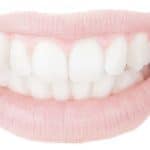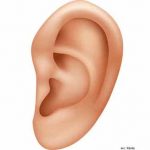Posted in NEWS, NEWS on dental, oral implants
Implant-supported restorative therapy in a Swedish population
14 July 2021
| Replacing missing teeth through implant-supported restorative therapy is a common treatment procedure. While high survival rates have been reported, complications affecting the implant and/or the implant- supported reconstructions may occur. Such biological or technical complications require additional investment in treatment. | |
| Out of a cohort of 596 subjects, the proportion of patients experiencing technical and/or biological complications over a 9-year period was 42% (Study III). One out of four patients experienced technical complica-tions, chipping being the most common. The extent of restorative therapy was the strongest risk indicator for technical complications (Study I). Patients diagnosed with peri-implantitis (n = 98) rarely received surgical therapy. Non-surgical interventions were insufficient in arresting disease progression (Study II). Accumulated costs during the observation period were significantly higher in patients with full-jaw restorations compared to patients with partial-jaw and single-tooth restorations. Among all complications, implant loss generated the greatest additional costs (Study IV). | |
| Author(s) | Source |
| Karlsson K | Department of Periodontology Institute of Odontology, Sahlgrenska Academy, University of Gothenburg, Sweden, 2021 |
| This is a post of a scientific or business information. The information given here is checked thoroughly by “Implant-Register”. However we can´t be responsible for the content. The content usually is shortened to make it understandable for many. Read the linked original text if you are interested. Contact the publisher, if you have questions. You may inform us about changes of the information to improve the Register. | |
| Comments: n/a let us know |
|
Find NEWS and PUBLICATIONS here according to your interests or use the search box.









